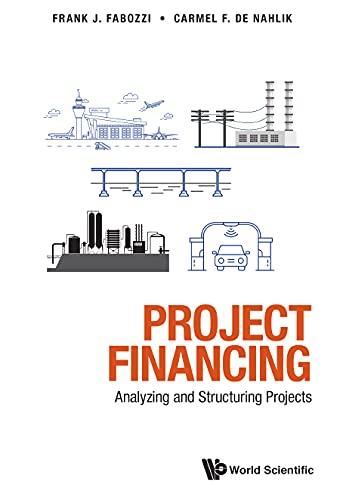Question
a. This year, U.S. Treasurys are having what could wind up being their worst year going back to 1801, according to Leuthold, as central banks
a. This year, U.S. Treasurys are having what could wind up being their worst year going back to 1801, according to Leuthold, as central banks have swiftly raised interest rates in a bid to quell inflation. Hmm, I invested in Treasurys a few months ago that will pay me, almost risk-free, 9% EAR over the next 6 months. That sounds like Treasurys are doing great (or at least I am doing great with my Treasurys investment). Could I be doing great with Treasurys and the article be correct about its assertion of Treasurys having their worst year in a while? Can we both be right at the same time? b. [In 2008] Investors with 60% of their money in stocks and 40% in bonds would have outperformed investors with all of their money in stocks by 23 percentage points What was different in 2008 relative to 2022 that made the returns from bonds so good? c. Miss Pollock said she wishes she didnt have so much money tied up in the markets, but is in too deep to pull out of her investments. She has resigned herself to wait things outhoping that the market will eventually go back up. Later, she is quoted saying If I get out of it, Ill only lock my losses in. i. Can you describe at least one behavioral bias Miss Pollock is expressing in her comment? ii. Suppose that markets follow a random walk (evidence of which was presented in assignment 1, when annual volatilities constructed using monthly returns more or less matched annual volatilities calculated with the assumption of independencethat square root of 12 formula). If they do (behave like a random walk), is her policy of waiting things out appropriate? d. No one knows when the typical stock-and-bond portfolio will start working again, but the economic outlook is darkening. Economists surveyed by The Wall Street Journal expect the U.S. to enter a recession within the next 12 months as slowing growth forces employers to pull back on hiring. What would need to happen if the US enters a recession for the stock-and-bond portfolio to work again? e. Many financial advisors caution against abandoning the stock-and-bond approach after just one year of unusually bad returns. They point to charts tracking the S&P500s upward climb over the decades and note that throughout history, investors who bought at the end of the worst sell-offs have been richly rewarded. Do you agree with the many financial advisors argument about not abandoning the stock-and-bond approach? Please explain.
Step by Step Solution
There are 3 Steps involved in it
Step: 1

Get Instant Access to Expert-Tailored Solutions
See step-by-step solutions with expert insights and AI powered tools for academic success
Step: 2

Step: 3

Ace Your Homework with AI
Get the answers you need in no time with our AI-driven, step-by-step assistance
Get Started


